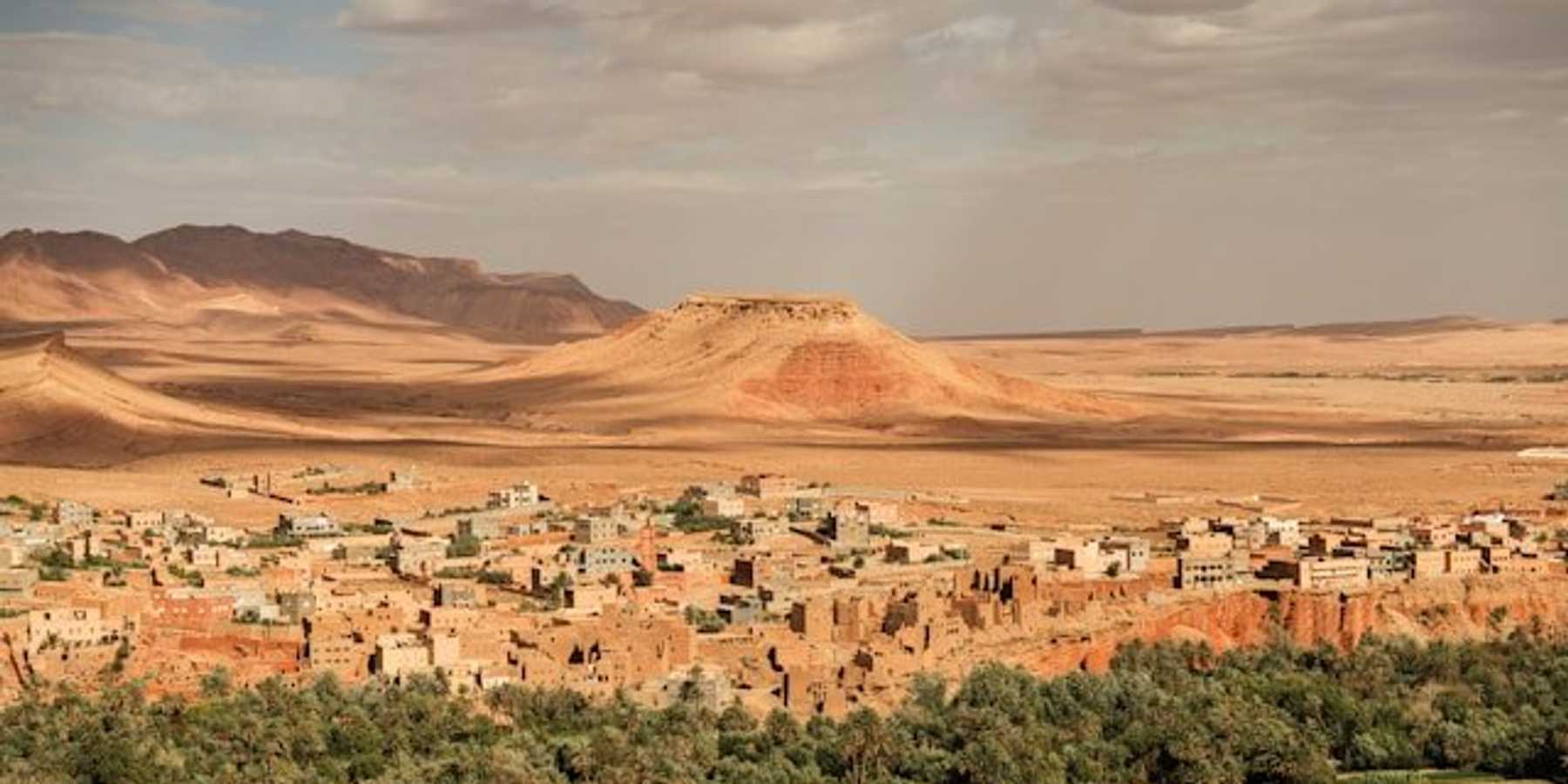
Worsening drought and wheat crisis deepen Syria’s hunger emergency
A devastating drought and sharp drop in wheat production are forcing Syria’s new government to confront soaring food insecurity and a looming humanitarian crisis.
Sarah El Safty and Maha El Dahan report for Reuters.
In short:
- Syria's wheat harvest has fallen by 40% due to its worst drought since 1989, slashing domestic production to 1.2 million tons — well below the country’s annual need of four million tons.
- President Ahmed al-Sharaa’s government, installed after Bashar al-Assad's ouster, has yet to secure major wheat imports, and has so far only purchased about half the amount of wheat it bought locally last year.
- Over half the population is food insecure, with around three million people at risk of severe hunger, according to the UN World Food Programme.
Key quote:
"Half of the population is threatened to suffer from the drought, especially when it comes to the availability of bread, which is the most important food during the crisis."
— Toni Ettel, the United Nations Food and Agriculture Organization's representative in Syria
Why this matters:
Wheat lies at the heart of Syria's food security strategy. The current drought — the worst in over three decades — has devastated farmers, many of whom harvested nothing at all. Years of war have left Syria’s agricultural infrastructure fragile, and the collapse of local wheat production is accelerating a broader humanitarian emergency. The removal of Western sanctions has done little to help: Financial constraints and political uncertainty still block large-scale imports. With millions relying on subsidized bread for daily sustenance, and emergency aid trickling in at inadequate levels, the crisis threatens to deepen malnutrition and unrest in an already volatile region.
Related: Drought-stricken areas have tripled in size since the 1980s, report finds













